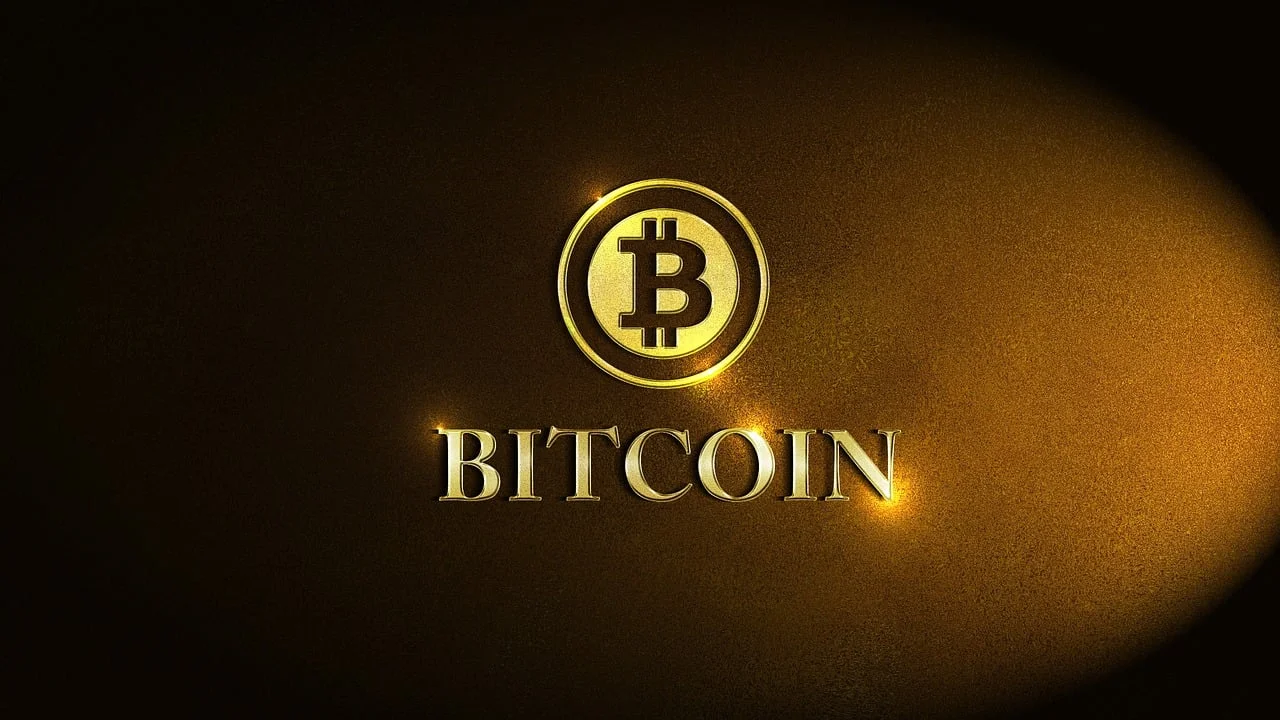On the heels of the Great Recession, Bitcoin was launched in 2009 as the world’s first cryptocurrency. It has caught the attention of investors and tech experts with its promise to offer a decentralized and safe alternative compared to regular financial systems.
Its journey has been full of ups and downs, however, with many people doubting it and discussing what it can really be used for in real life. Now, in 2024, Bitcoin has just completed another halving event and is in the middle of a bull run, with its use cases expanding beyond speculation and into practical applications.
A Look at Bitcoin’s Utility
Among the first adopters of using Bitcoin as a payment method were online casinos. One resource in particular, bonus.ca has reviewed many Bitcoin Casinos, helping users navigate this growing segment of the online gambling industry. This adoption wasn’t limited to just a specific industry; companies like Overstock.com and Microsoft began accepting Bitcoin for a wider range of products and services. The potential for this revolutionary technology, however, goes far beyond online transactions. Today, individuals can use Bitcoin for a variety of purposes:
- Cross-Border Payments: Bitcoin doesn’t have boundaries, so it can be used to make quick and low-cost transactions around the world. This is very good for people who work in other countries and want to send money home, or freelancers that have clients from different nations. When compared with usual money transfers that take longer time and charge high fees, Bitcoin provides a faster way which also saves on costs.
- Hedge Against Inflation: Bitcoin’s limited supply (only 21 million coins will ever be mined) makes it attractive as a hedge against inflation. While traditional currencies lose purchasing power due to inflation, Bitcoin’s value theoretically remains stable or even appreciates. This has caused some investors, not just tech lovers, to include Bitcoin in their investment mix as a way of spreading risk.
- Storing Value in Unstable Regions: In places troubled by political or economic instability (take Argentina, for example), Bitcoin provides a safe method to store value that is not part of the typical financial system. Unlike local government-issued money which might lose its worth quickly or get taken over by government actions (such as the Greek government debt crisis in 2009), Bitcoin lets people keep wealth as a digital asset that is resistant to censorship and available globally. This might be helpful for journalists, activists and people residing in areas where there is a high risk of the currency losing value.
- Microtransactions and Content Tipping: Bitcoin’s feature of enabling micropayments is a key aspect that allows for fresh business models. Content makers like streamers or podcasters are able to get small donations or tips instantly from their audience, bypassing the need for streaming platforms that often take a large cut. Similarly, platforms may offer premium services or content for less than one cent per click/view/listen; this makes it more accessible to different users and could lead towards a more democratic environment of content creation.
The Future of Bitcoin
We can expect Bitcoin’s use cases to become more diverse as its adoption grows. A common comparison made by bitcoiners is that we are now with bitcoin about where the world was with the internet in the late 1990s. Here are some potential areas of future growth:
- Compatibility with Traditional Finance: Bitcoin is getting recognized by traditional financial institutions. Just two years ago, no one would have imagined that there would be several Bitcoin ETFs and that one of the biggest players supporting BTC would be Blackrock’s Larry Fink. Once the clearing houses get in on the action, it’s game on. It’s easy to see how greater involvement from institutions could provide stability and mainstream acceptance for Bitcoin in the finance industry. Boomers who have largely dismissed Bitcoin as a Ponzi scheme now find it harder to do so with giants like VanEck and Blackrock essentially giving their stamp of approval to the new asset class.
- The Rise of Decentralized Finance (DeFi): DeFi is a part of finance that uses blockchain technology to make financial systems more open and friendly. Within this, Bitcoin can play an important role by offering a secure and decentralized way to store value. This can be useful in lending, borrowing and other financial services. The idea of DeFi is to give people the chance to use financial products and services that they usually get from banks or similar institutions without needing these middlemen.
- Inventions in Supply Chain Management: The clearness and safety of blockchain might be helpful for following products in supply chains. The technology from Bitcoin could assist to check if goods are real and decrease chances of deceit or errors during transport processes. It could also make smoother the procedures of paying between different parties participating within these complicated networks.
- The Internet of Things (IoT): As more devices become connected to the Internet, there will be an increasing need for safe and micropayment solutions. Bitcoin’s ability to handle secure and easy microtransactions might potentially make it a driving force for small economies in IoT. Imagine paying less than one cent for using the sensor data or even just briefly accessing a device within your IoT network.
Bitcoin’s Evolution – A Transformative Technology?
In summary, it’s hard to see Bitcoin’s future as anything other than bright. If it was going to fail, it would have done so already. Still, it faces problems of scalability that must be solved for handling more users and transaction speeds needing improvement. The unclear regulations in some areas might also slow down its adoption. Additionally, the effect on the environment from Bitcoin mining needs to be tackled for its acceptance by general public.
Bitcoin has progressed far from its starting point. It moved from being a small investment to a method for cross-border payments, microtransactions and perhaps even more importantly in new movements like DeFi and the IoT, showing wider use cases. With technology developing continually, regulations changing constantly and the issue of the environment also being focused on, it’s becoming clearer that Bitcoin could bring significant change to many industries and financial systems.
If Bitcoin becomes a regular way to exchange money or continues as an important store of value, its impact on the financial landscape will be significant. It has started a new era for digital assets and decentralized finance, challenging traditional systems and promoting innovation in many areas. The next 10 years are very important to decide what part Bitcoin will finally take; but, if we look at its path until now, it shows that it may keep being a disruption in the economic field.

Ruby Stauffer is a prominent technology blogger known for her insightful analysis and in-depth reviews of the latest tech trends and gadgets. Her blog has become a go-to resource for tech enthusiasts seeking reliable information and expert opinions on the ever-evolving world of technology.

